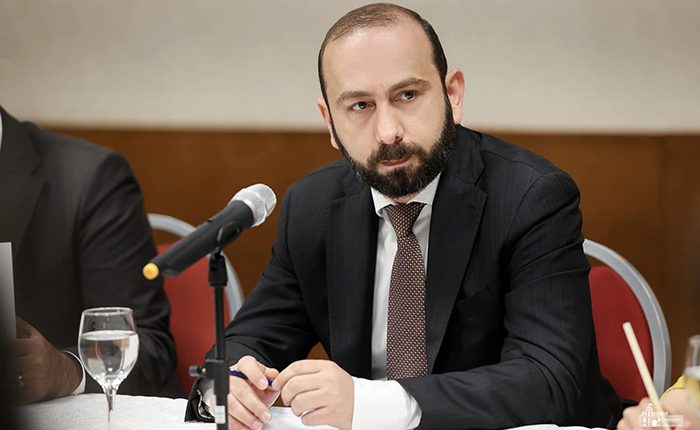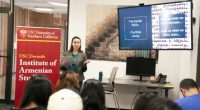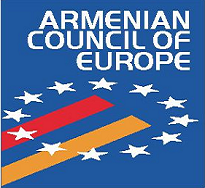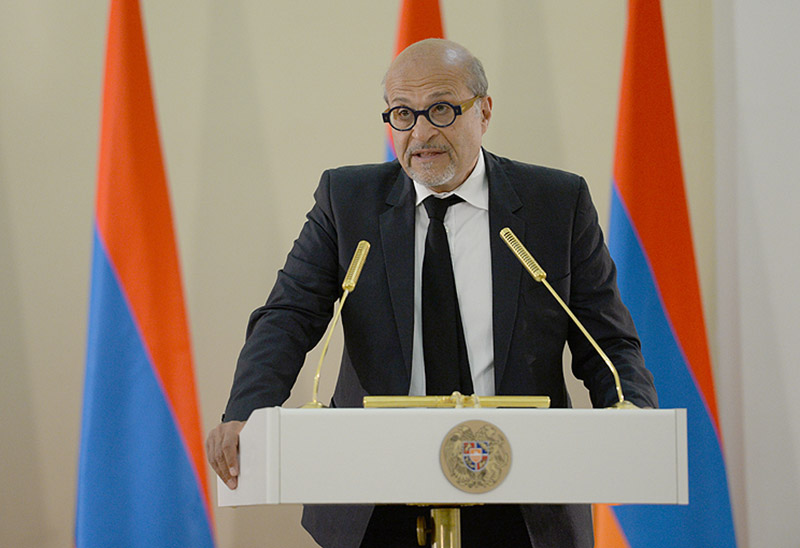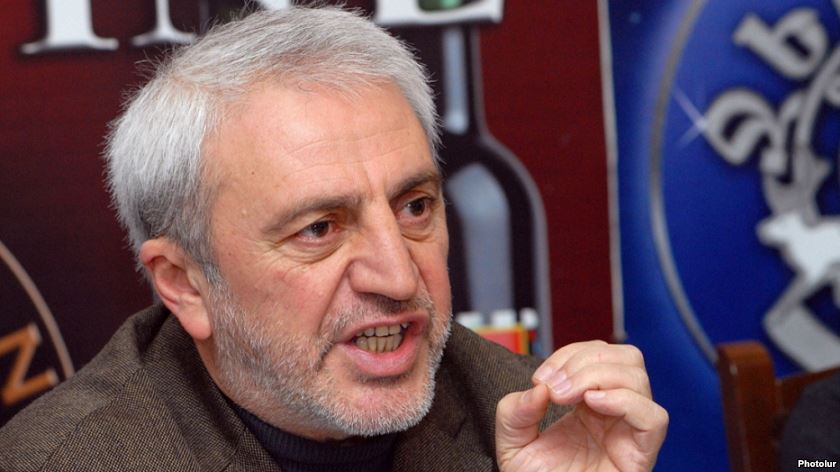BUENOS AIRES — Joining NATO is not on Armenia’s agenda, Foreign Minister Ararat Mirzoyan said in an interview with Argentine TV channel Todo Noticias.
“We cooperate with NATO, we have participated in NATO-led peacekeeping operations in Afghanistan, we have increased our presence in Kosovo, this is a form of cooperation If we talk about the intention to join NATO, then no, we have no intention to join NATO. This issue is not on Armenia’s agenda today,” Mirzoyan noted.
Relations between Armenia and NATO began in 1992. After Armenia joined the Partnership for Peace program in 1994, the cooperation was deepened and expanded. At the end of 2005, Armenia and NATO agreed on the first Individual Partnership Action Plan. Since 2002, Armenia has been involved in a planning and analysis process that helps develop the capabilities of individual units of the Armenian armed forces. Armenia also makes important contributions to NATO-led peacekeeping operations in accordance with UN Security Council resolutions.
On relationship between Armenia and Russia Mirzoyan said the two countries have economic relations, bilateral trade, cooperation in various spheres, good security ties, but there are also obvious problems.
“It is also true that today we have different thoughts and, simply put, we do not speak the same language. The problems that exist in relations with Russia cannot be hidden,” Mirzoyan noted.
In this context, Mirzoyan pointed to the fact that in 2020 Russia sent peacekeepers as guarantors to monitor security in Nagorno-Karabakh. “However, we have witnessed numerous attacks against Armenia on the border,” Mirzoyan emphasized.
According to him, “we cannot say that we have noticed a satisfactory and dignified response from our allies.” “Thus, the security mechanisms that we had for several decades did not work. It is for this reason that we were forced to ask the European Union to send a mission and observe the situation on our border with Azerbaijan,” the minister said.
Mirzoyan refrained from calling what is happening a U-turn. “We are trying to ensure our security and development along the democratic path, and for this we see that there are good partners in the West,” he said.

